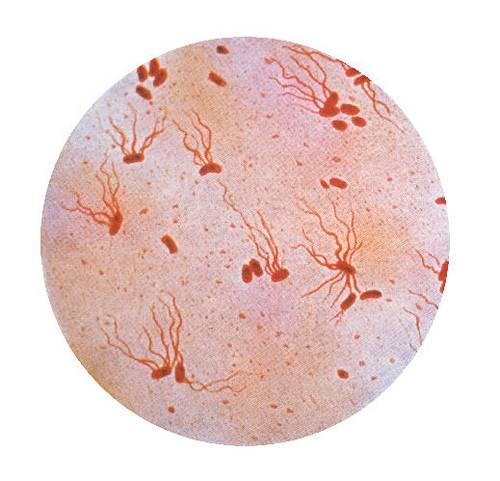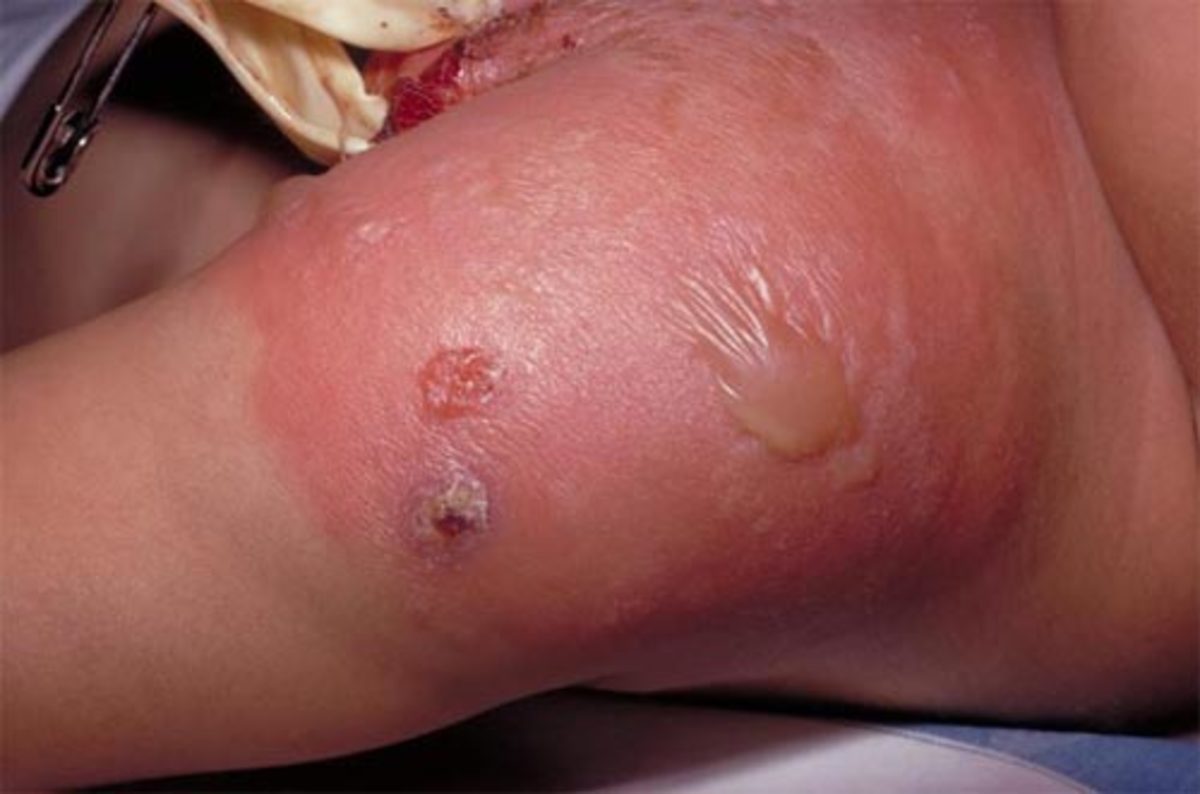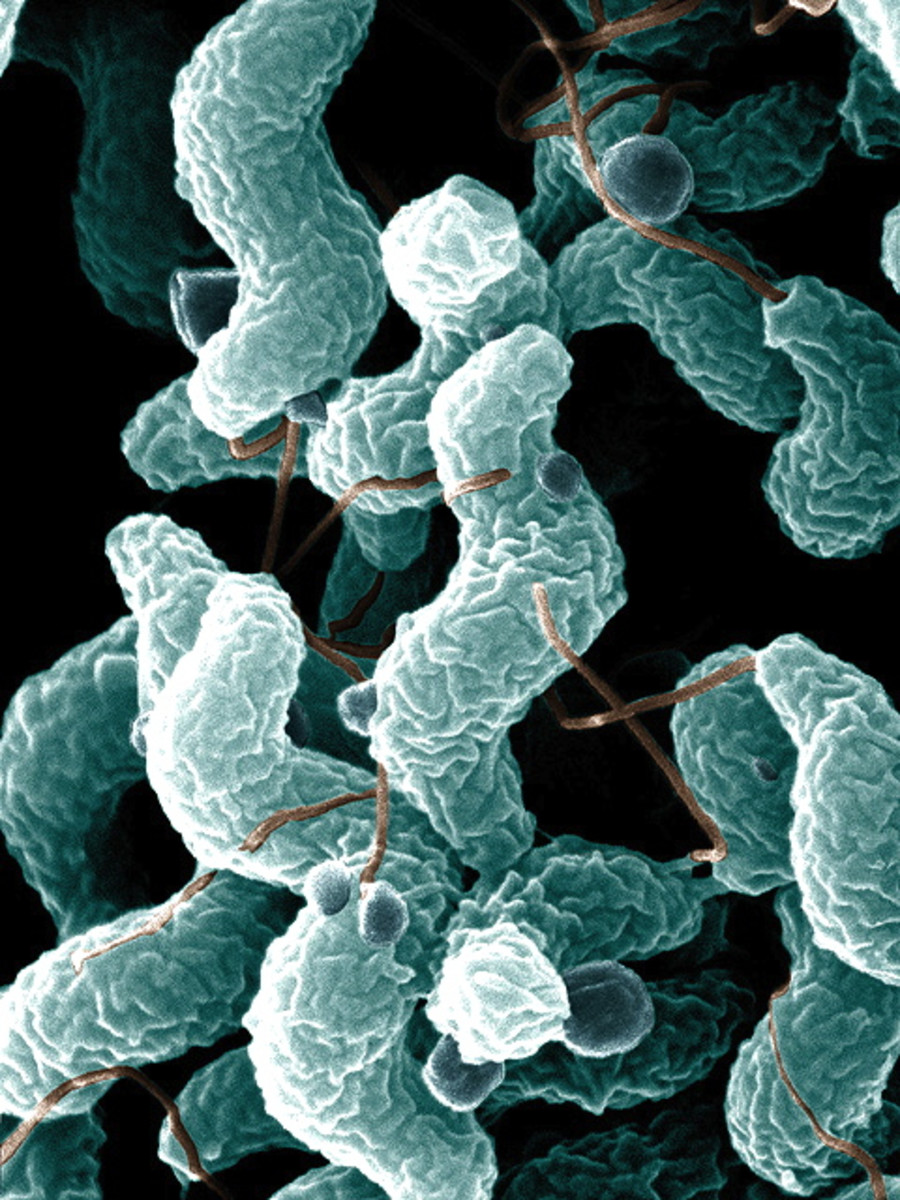Salmonella Symptoms in Humans

Salmonella Symptoms
Salmonella is a type of bacteria that can cause a gastrointestinal infection known as salmonellosis. This infection is found in humans, animals, birds and reptiles. Salmonella is found in raw food products such as egg, egg products, unpasteurized milk, meat, and meat products. The symptoms of Salmonella in humans may develop within 3 days of infection. Below you find some of the symptoms of salmonella in humans.
.
Salmonella symptoms in humans:
One of the major symptoms of Salmonella in humans is gastroenteritis that is often caused by eating raw, uncooked meat, poultry, egg, egg products. The incubation period ranges from 8 hours to 48 hours. But a few types of salmonella bacteria result in typhoid fever. The incubation period of typhoid fever ranges from five to 21 days.
In mild cases of salmonella bacteria, diarrhea occur few times per day. In severe cases, the diarrhea may be frequent, bloody and mucoid.
- Diarrhea
- Fever
- Nausea
- Vomiting
- Chills
- Abdominal pain / cramping
- Headaches
- Muscle pains
- Blood in the stool
Diagnosis of Salmonella in humans:
A physician will perform a physical exam if you have signs of a tender abdomen and pink spots on the skin. Salmonella is diagnosed by a lab test called stool culture test.
Treatment of salmonella in humans:
Treatment depends on the severity of the salmonella bacteria. In mild cases, you can increase fluids and maintain electrolytes. Severe diarrhea may require intravenous fluids. In severe cases, your doctor may prescribe antibiotics such as Ampicillin, Gentamycin, Trimethoprim, Ciprofloxacin to treat salmonella bacteria. Ask to your health care provider first.
Prevention of salmonella:
- Do not eat raw eggs, egg products, and uncooked meat.
- Do not consume raw or unpasteurized milk.
- People should wash their hands after contact with animal excrement. Most domestic animals including ducks, cattle, swine, dogs, turtles, cats and chicks have been found to carry and transmit salmonella.









